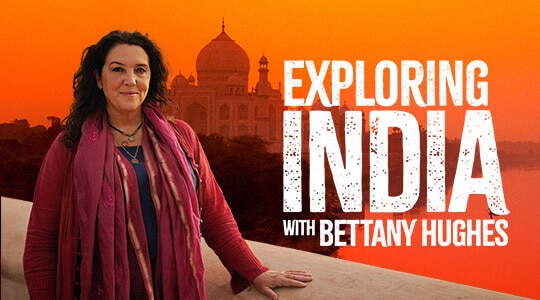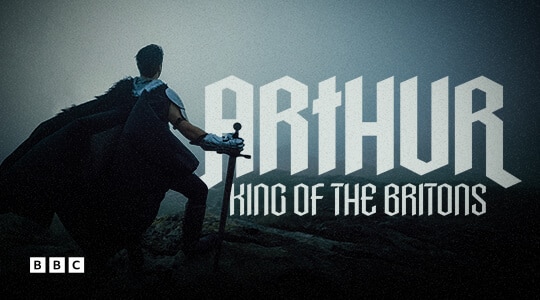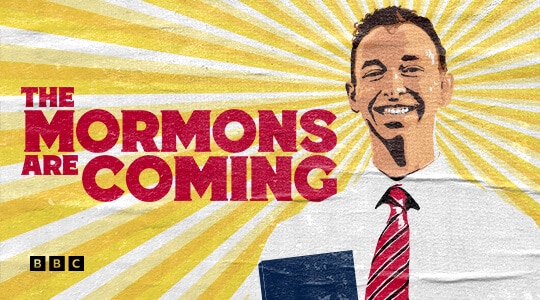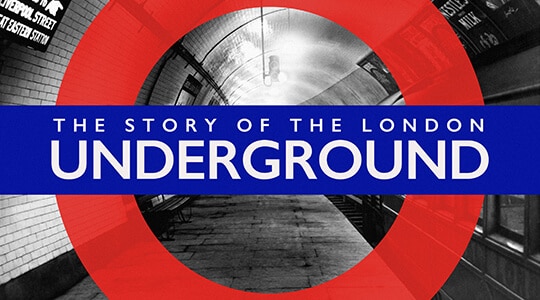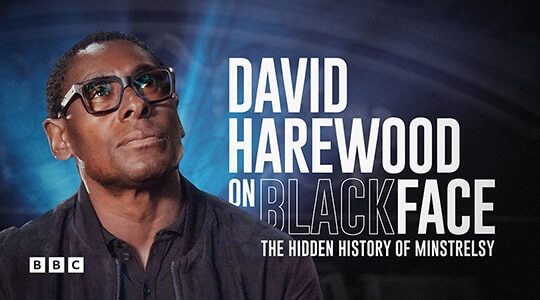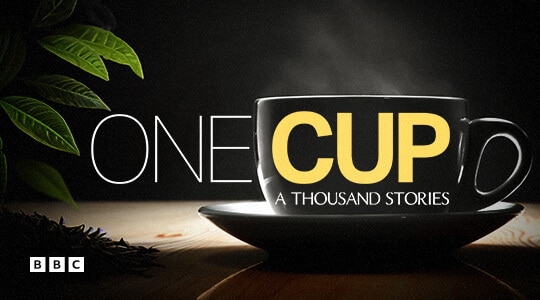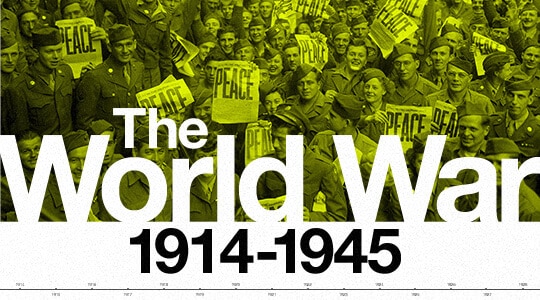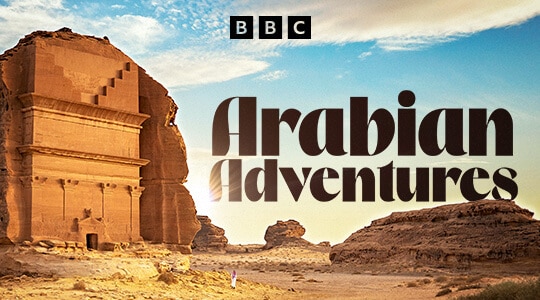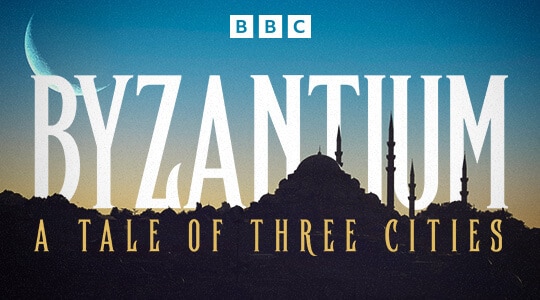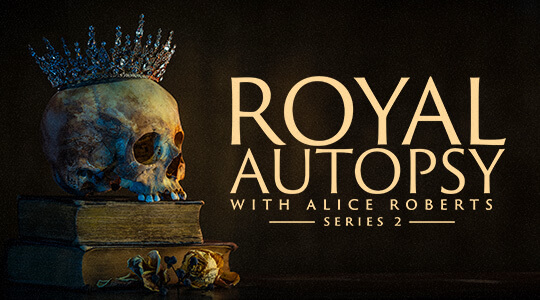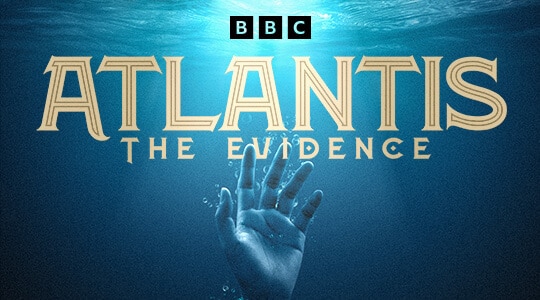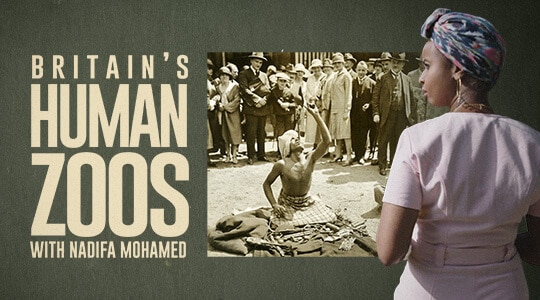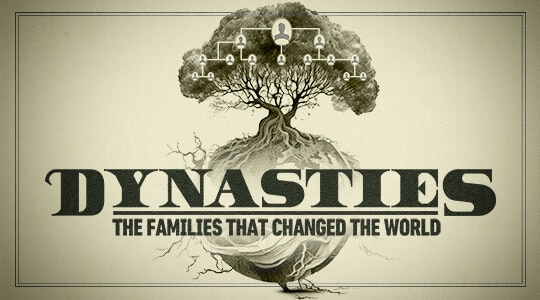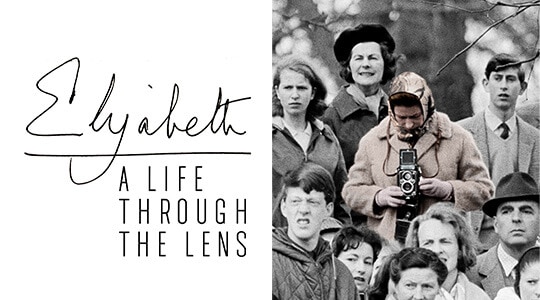The Ottomans: Europe's Muslim Emperors
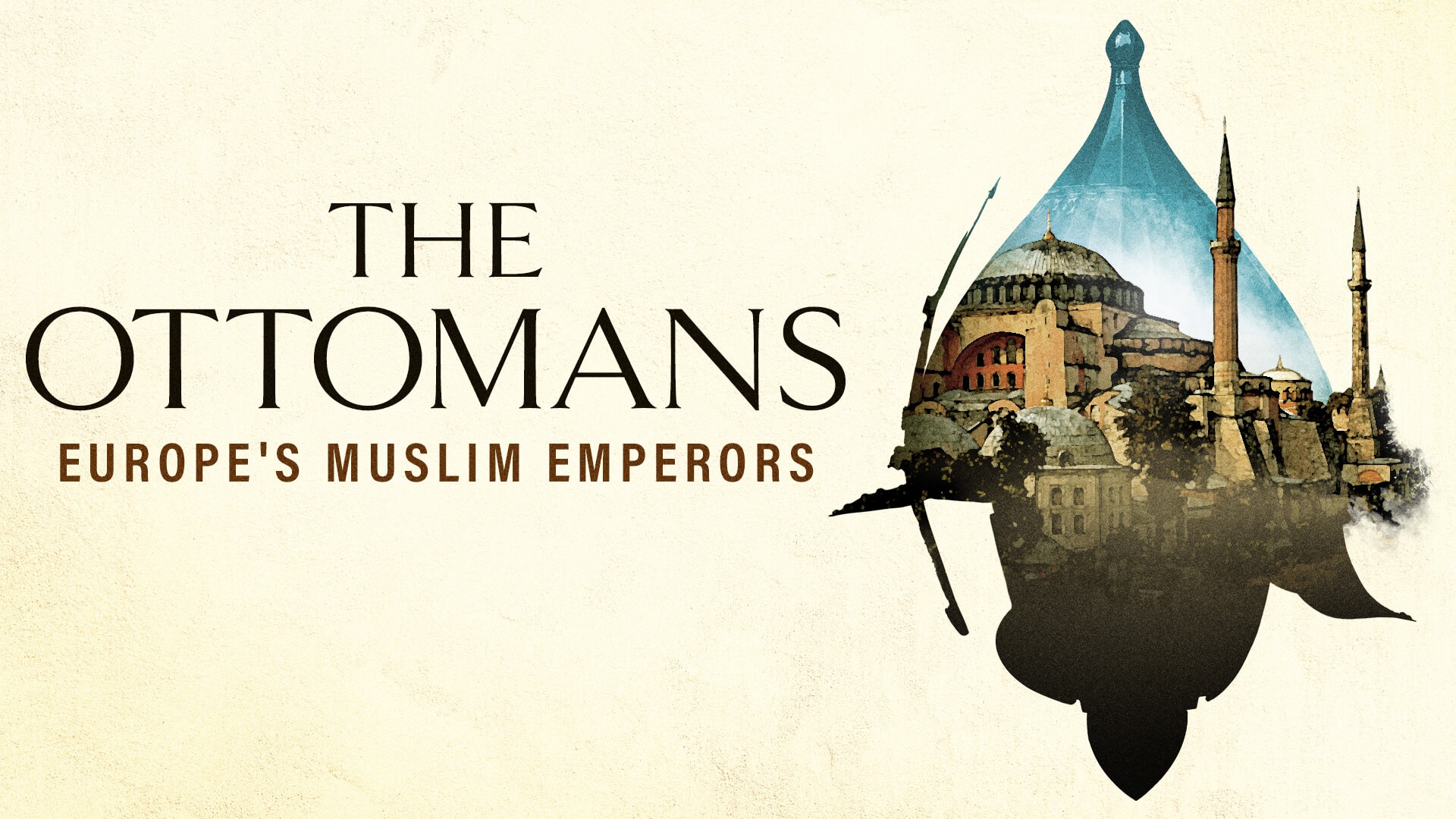
It was the world’s last Islamic empire. From its capital in Istanbul, the Ottoman Empire was a super-power that matched the glories of Ancient Rome. After six centuries in power, it collapsed less than a hundred years ago. So why do so few realize its importance in today’s Middle East? Journalist Rageh Omaar examines this great dynasty from a religious, economic and social perspective.
This show is not currently available on BBC Select but browse through the below titles for more Culture documentaries available to stream on BBC Select.
The Ottomans: Europe's Muslim Emperors on BBC Select
Ep 1: From Nomad to Sultan
Discover how the Ottomans were transformed from nomads to rulers of a vast empire. How did nomadic horsemen in a rural backwater of modern-day Turkey become rulers of a vast empire? Rageh Omaar investigates the roots of the Ottomans and the incredible speed with which they ruled over Baghdad and Cairo in the south, controlling the holiest sites of Islam: Mecca and Jerusalem. Soon they reached deep into Europe, taking Sarajevo and threatening the gates of Vienna.
Ep 2: Contrasting Fortunes
What was a Muslim world run from Europe really like for residents of the Ottoman Empire? What was life like in the Ottoman Empire? Rageh Omaar explores the huge contrasts in the times of two very different sultans. Suleiman the Magnificent lived in the golden age of the 16th century. By contrast during the 19th century reign of Abdul Hamid II, the failing Empire was dubbed ‘the Sick Man of Europe’. Rageh also examines the cultural, religious and political legacy of the Ottomans.
Ep 3: Empire’s End
How did the mighty Ottoman Empire collapse and why is its failure still being felt today? How did an Empire as vast and mighty as the Ottomans finally collapse? Rageh Omaar looks at the last days of the Ottomans, the reasons for its demise and why its achievements were largely lost in the trauma of its final years. The fallout from its failure and the carve-up of former Ottoman lands created tensions that still resonate across Europe and the Middle East today.



